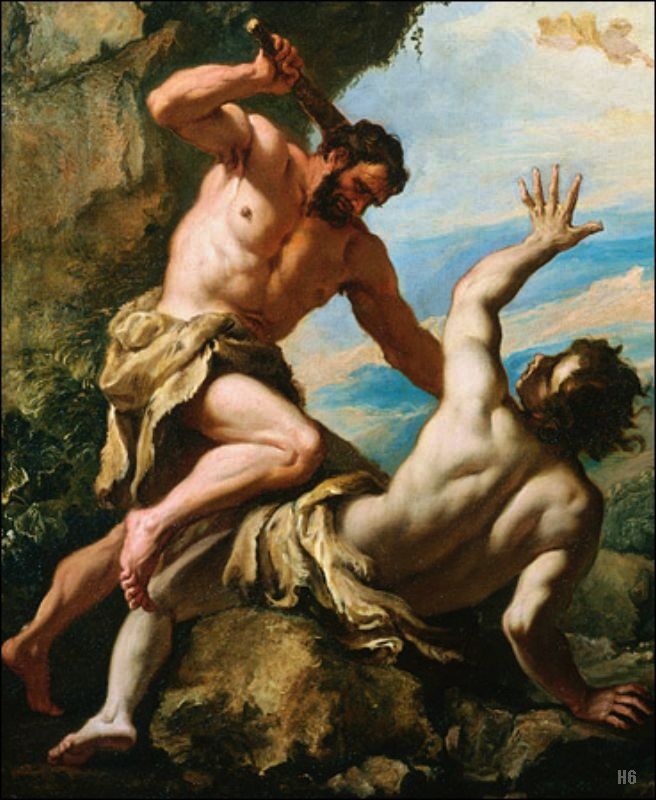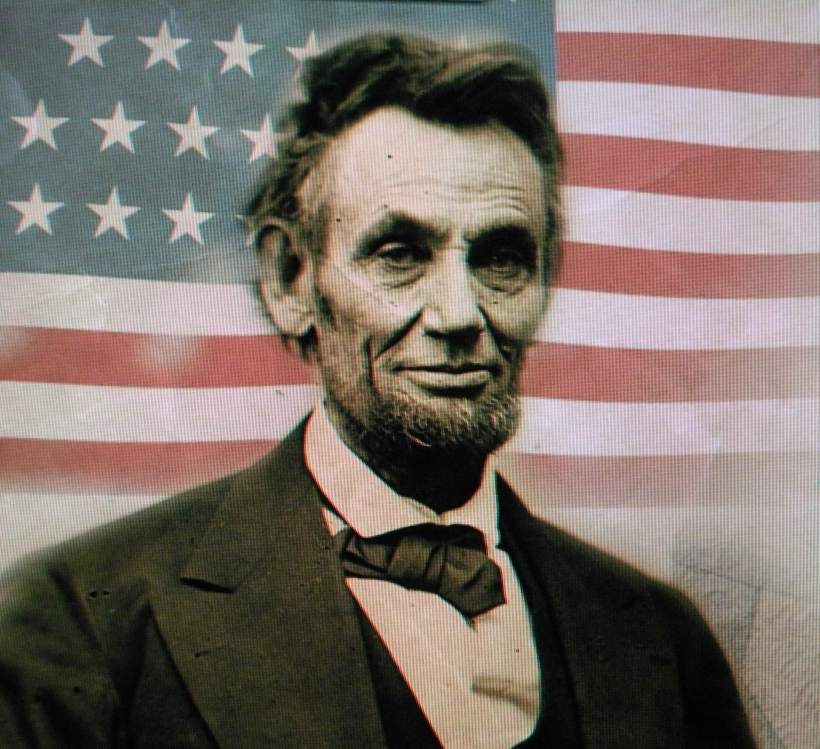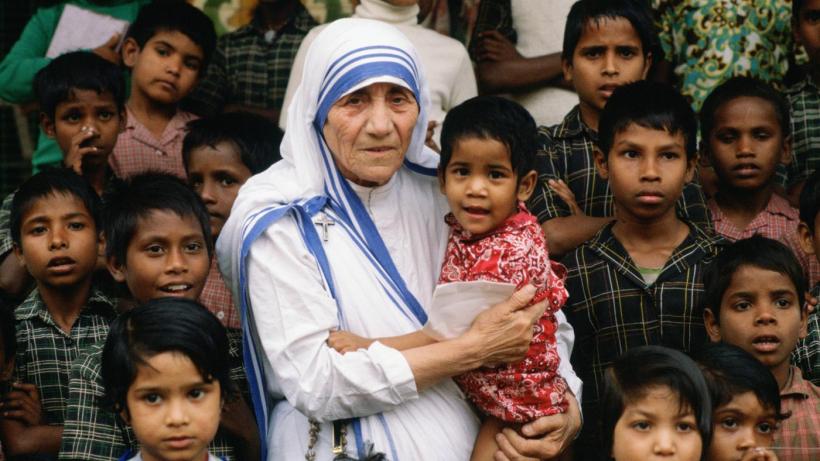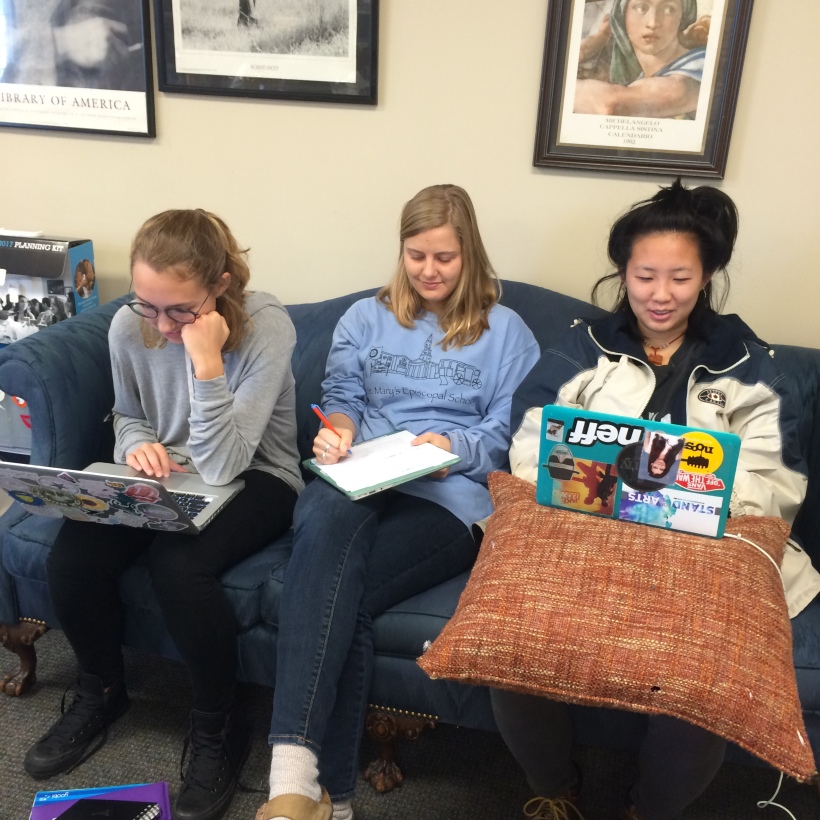In his poem “The Second Coming,” Yeats says it best, and most succinctly ~ “Things fall apart; the centre cannot hold.”
If you’ve been around here more than a minute or two, you’ve seen it, breathed it, felt it settle deep into your lungs and bones – the bent quality of things here – the bent quality of being. One never forgets the acrid taste of brokenness, long-lingering on the tongue, like a bitter pill or a bite of chalk. We all know things fall apart, and will do so again and again, and if we live long enough, then yet again.
So what do I do when things don’t go the way I expect or want, when my something falls apart?
I tried stamping my foot and arching my shoulders back and throwing my chin Heavenward (is there anyone listening?) and shouting and shouting, What do I do now? How shall we now live? But so far my tantrums, even my tears, have not yet straightened the bent, not even one little bit.
Victorian novelist Thomas Hardy says we have landed on “a blighted star.” He’s not the first to think it. I must ponder yesterday before I can consider today. History startles me every time.
Yesterday an election was lost and won. Yesterday somewhere between 50 and 80 million people died in a second world war. Yesterday a brother slew his brother and then hid from God – Cain, where is your brother?

Yesterday a mother would not forgive a father, and he left, moved away. Yesterday 15,891 people died in a tsunami in Japan. Yesterday six parents died in an airplane accident, leaving eleven children behind. Yesterday another young girl was sold into sex trafficking. Yesterday a baby girl was born with a deformed arm and hand. Yesterday my husband died after a hard bout with cancer. Yesterday two airplanes flew into two tall towers.
Things fall apart. The centre cannot hold.
So what in the world are we supposed to do now? What in the Sam Hill is going on here? It seems God knows, but He doesn’t tell.
We need help. Who among us shall ascend to the hill of the Lord? Who shall stand in his holy place? Whom shall we send?
Who among us shall ascend? I scan the Internet but find no takers, no one suitable. There is no one to send, no hand or heart clean enough, no body courageous enough, not one innocent enough, and there never has been. We are so busy. We think yesterday was somehow more wholesome and honest, easier, and certainly less busy. We seek our saviors in voting booths, and then riot afterward in the online streets, realizing (yet again) that women and men live among us, not gods. We are surprised every time and always have been.
We think our hour is unique in time and space. And so it is. And so it isn’t. It’s simply our turn, our day, nothing more. There will never be another day like this one, until tomorrow – ah, the paradox of time.
Whom shall we send? Who among us shall ascend?
Yesterday Abraham was the chosen one, but in a human moment of raw weakness, he lied, calling Sarah his sister and giving her (in his fear) to a neighboring king.
Yesterday Moses was chosen, but wasn’t it he who smashed tablets in anger, who literally broke God’s word into dust, to blow away into the hot desert sands and to the ends of the earth?
Yesterday David was chosen, but it turns out even giant-killers are mortal, mere men, with hearts grand for God and wills fragile as ice.
Abraham Lincoln was the man chosen for his time, but I read he was known for sacrificing principles in the name of expediency. Can I believe everything I read?

In a letter estimated to be from 1961, Mother Teresa of Calcutta wrote: “Darkness is such that I really do not see—neither with my mind nor with my reason—the place of God in my soul is blank—There is no God in me—” Even Mother Teresa. Alas, now on what shall I stand?

So in my weakness I shout again, What in the Sam Hill is going on here?
To be human is to become accustomed to the sour after-smack of pain and fear lying on your palette, yesterday and tomorrow. To know the slap of disappointment (especially of self) and to bear its subtle sting on the cheek like a numbness, post-op. To remember the bent-ness of things and people, to remember that Life is curvy.
But that is not the whole of it. Turns out, the sum is greater than its parts. Could this be the definition of hope?
Whom shall we send?
Alas. There is no one but us, and no time but now. Bent us, crooked now. What an odd system.
Yeats’ poem concludes with this terrifying question, apocalyptic in tone, its breadth of scope enormous and eerily ever-relevant: “And what rough beast, its hour come round at last, / Slouches towards Bethlehem to be born?” Yeats asks the question on everyone’s lips, then and now, whether we realize it or not – Who is next? What is next?
What rough beast will rise up next, heading even now toward his town to be born?
But again I say, that is not the whole of it. “Ah, but a man’s reach should exceed his grasp, / Or what’s a Heaven for?” asks the poet.
If I dare to change one small word in Yeats’ text, I have an entirely different question. One word indeed makes that much difference – maybe that’s why Christ’s metaphor for Himself was the Word. If I replace the word rough with benevolent, the poem is hopeful. If I replace the word rough with kind, the poem is confident. If I replace the word rough with loving, the poem saves me. The hour has come at last!
What a difference one word makes. So for Heaven’s sake, replace the word!
Is it as easy as that? Are kindness and grace and humility and goodness born and reborn like the sun, new every morning? Can I really choose to put these on like a mantle, re-clothe myself in this character? Am I allowed these sartorial choices even here on this messy planet in my messy life?
Yes. And yes. Like salve on a wound, like oil on the head, there is indeed a balm in Gilead. Put it on!
Whom shall we send? Who shall ascend? Who can make a difference today, small or otherwise, you ask?
Me, bent and broken me. You, crooked and splintered you. So what do we do now? Get up and put your clothes on. Let’s go to work.
I may slouch a bit. But I will head toward Bethlehem to be born.
I pick up my crutch and walk.

